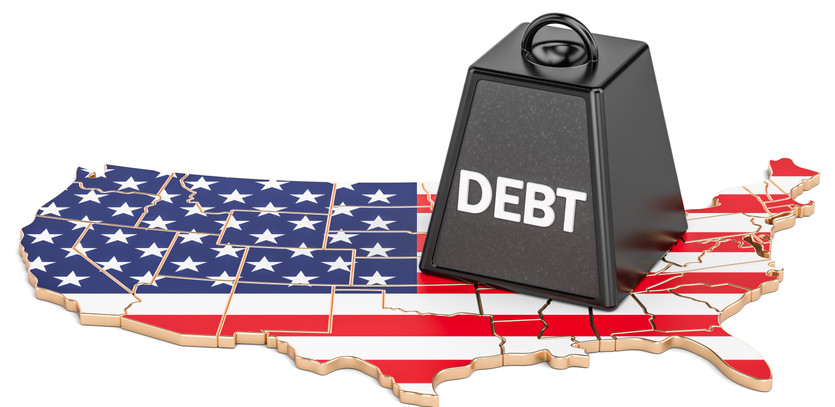President's Stance on Cryptocurrency-Trading Debt Deal
President Joe Biden of the United States has openly criticized a proposed debt ceiling plan, claiming it would predominantly serve the interests of "wealthy tax evaders and cryptocurrency traders", while endangering vital food aid programs.
During the Group of Seven (G7) Summit held in Hiroshima, Japan on May 21, President Biden firmly rebuked the Republicans’ suggested provisions in a media briefing. He vehemently opposed any agreement that safeguards affluent tax defaulters and digital currency traders, thereby putting the food aid essential for almost 1 million U.S. citizens in jeopardy.
The Concern over Crypto Tax-Loss Harvesting
The contentious protective measures for digital currency traders hinge on the issue of tax-loss harvesting. As per a Washington Post report, an intense negotiation is underway between the Republican leadership and the White House to prohibit this mechanism specifically for digital currency transactions.
Cryptocurrency tax-loss harvesting is a strategy employed by investors to lessen their total tax obligations. The method involves offloading a digital asset at a loss to balance out capital gains derived from profitable cryptocurrency transactions. For a loss to be claimed, the concerned assets must be liquidated, and the sale proceeds must be redirected towards acquiring a comparable asset within a 30-day window on either side of the sale date. This tactic is also applied to stocks and other financial instruments.
The Tax Revenue Debate and Proposals
In addition to proposing the termination of crypto tax-loss harvesting, the White House presented Republicans with a similar proposal that prevents investors from deferring taxes on real estate exchanges. Together, these modifications could generate an estimated $40 billion in tax revenue for the U.S. government.
However, Republican representatives refute these proposals, as an insider disclosed to the Post. House Speaker Kevin McCarthy argues that the surge in U.S. debt is due to a "spending issue, not a revenue issue", attributing the problem to the Biden administration’s substantial pandemic-related expenditures. On the other hand, the White House faults tax cuts enacted by former administrations for the debt predicament, arguing that tax revenues have been considerably undermined by these reductions.
The Republicans propose to bridge the budget gap with a massive $4.8 trillion reduction in spending, which would inevitably shrink federal agencies' budgets. If Congress doesn't manage to raise the debt ceiling, a U.S. default could occur as soon as June 1. Reportedly, Biden plans to engage in a telephonic discussion with McCarthy during his return journey from Hiroshima to Washington, D.C.
In place since 1917, the debt ceiling denotes the borrowing limit that Congress has established for the federal government to finance its expenses.




